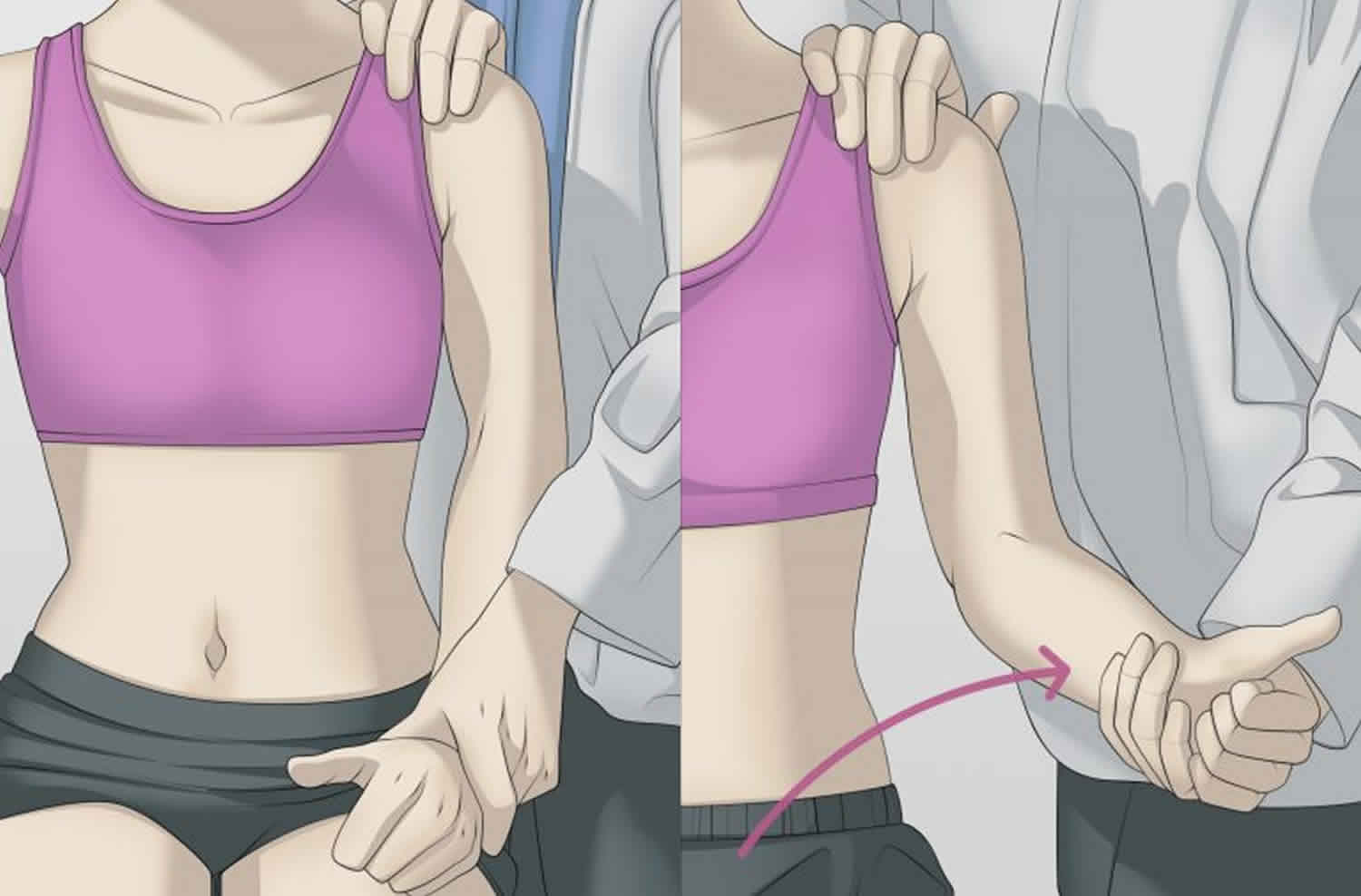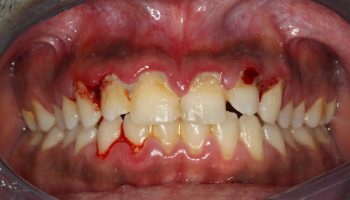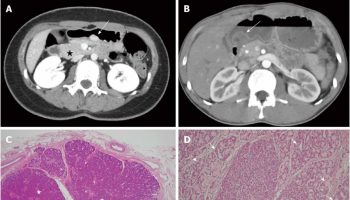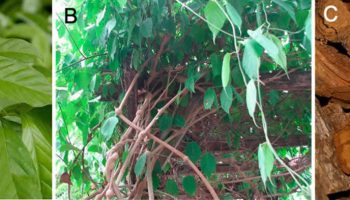Yergason test
Yergason test is used to test for biceps tendon pathology, such as biceps tendinitis (bicipital tendonitis) and superior labral anterior posterior lesion (SLAP lesion or glenoid labrum tear) 1.
Biceps tendinitis is an inflammatory process of the long head of the biceps tendon and is a common cause of shoulder pain due to its position and function 2. The biceps tendon is exposed on the anterior shoulder as it passes through the humeral bicipital groove and inserts onto the superior aspect of the labrum of the glenohumeral joint. Disorders of the biceps tendon can result from impingement or as an isolated inflammatory injury. Other causes are secondary to compensation for rotator cuff disorders, labral tears, and intra-articular pathology 3.
Technique
The patient should be seated or standing, with the humerus in neutral position and the elbow in 90 degrees of flexion. The patient is asked to externally rotate and supinate their arm against the manual resistance of the therapist. Yergason’s test is considered positive if pain is reproduced in the bicipital groove during the Yergason test.
Speed test
Speed test is used to test for superior labral tears or bicipital tendonitis.
Technique
To perform the Speed’s Test, the examiner places the patient’s arm in shoulder flexion, external rotation, full elbow extension, and forearm supination; manual resistance is then applied by the examiner in a downward direction 1. Speed test is considered to be positive if pain in the bicipital tendon or bicipital groove is reproduced.
References- Dutton, M. (2008). Orthopaedic: Examination, evaluation, and intervention (2nd ed.). New York: The McGraw-Hill Companies, Inc.
- Ahrens PM, Boileau P. The long head of biceps and associated tendinopathy. J Bone Joint Surg Br. 2007 Aug. 89(8):1001-9.
- Bicipital Tendonitis. https://emedicine.medscape.com/article/96521-overview





